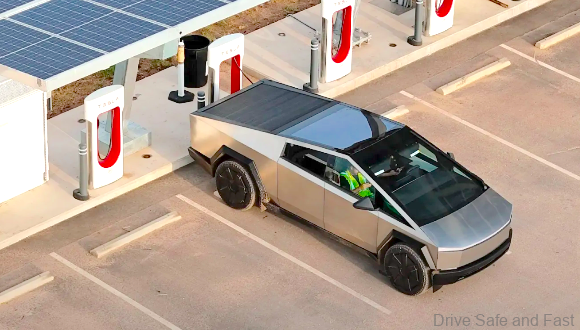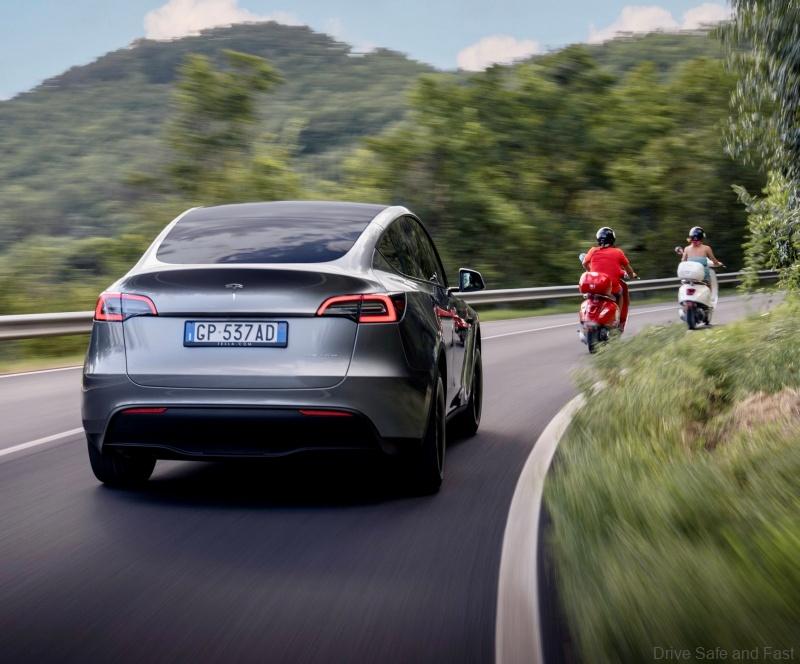This means Tesla actually has more brand loyalty than any other EV brand
Tesla stands at the forefront of the electric vehicle (EV) market, boasting an impressive 87 percent brand loyalty, a figure that surpasses rivals like Lexus (68 percent) and Toyota (54 percent), as per a Bloomberg Intelligence survey.
This dominance is further accentuated by data revealing that 81 percent of potential Tesla buyers in the US originate from other EV brands, underscoring Tesla’s stronghold in the fiercely competitive EV landscape.
Moreover, the ascendancy of Tesla mirrors a broader trend of surging interest in EVs among consumers, as evidenced by a Bloomberg survey of 1,000 individuals. Results indicate that 42 percent of respondents are contemplating purchasing a battery electric vehicle (BEV) for their next automotive investment.
This surge in BEV consideration marks a substantial leap from previous years, where only 7 percent expressed similar inclinations. Such statistics not only signify a burgeoning appetite for EVs but also suggest a paradigm shift in consumer preferences towards eco-friendly transportation alternatives.
On top of that, the unwavering loyalty exhibited by EV owners is a noteworthy phenomenon, with a staggering 93 percent of BEV owners expressing intentions to remain within the electric vehicle sphere for their next purchase. This starkly contrasts with the considerably lower 34 percent of gasoline vehicle owners who entertain the prospect of transitioning to EVs.
Such steadfast allegiance among existing EV users underscores the growing conviction in the sustainability and viability of electric transportation solutions. So what do you guys think? Is this why Tesla has such a good brand loyalty rate?
Despite the promising trajectory of the EV market, Bloomberg Intelligence warns of impending challenges that threaten to impede its growth trajectory. While the imminent arrival of affordable EV models from industry giants such as Tesla, GM, and Stellantis by 2026 holds the promise of expanding the market’s reach to a broader demographic, formidable obstacles loom large on the horizon.
Chief among these hurdles are concerns surrounding charging infrastructure inadequacies, pervasive range anxiety among prospective buyers, and protracted charging durations, all of which pose formidable impediments to achieving widespread EV adoption.
In conclusion, while Tesla’s hegemony in the EV domain is indisputable, the future of the market is fraught with challenges that necessitate concerted efforts from industry stakeholders, policymakers, and infrastructure developers alike. Only through collaborative endeavours aimed at mitigating existing barriers can the EV market realise its full potential and usher in a new era of sustainable transportation.





